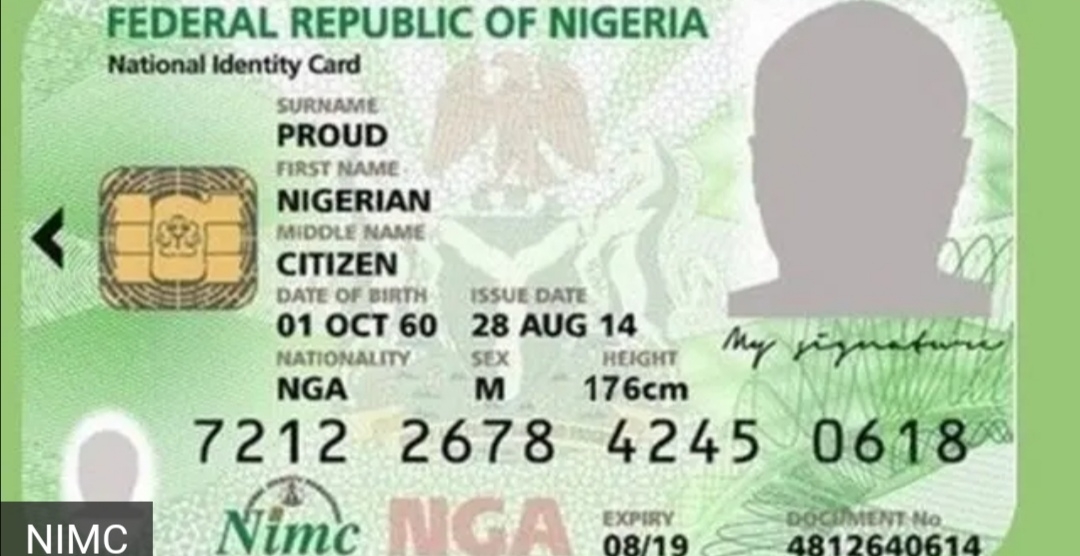On May 20th, the Caine Prize for African Writing released
the shortlist of the twentieth edition of the prize. The stories have a
sophistication that leaves the ready stunned. They embrace a medley of themes:
refugee matters, lesbianism, human trafficking, social stigma and scamming. One
sees that women are dominating the contest, with four female authors
shortlisted as was the previous year. Nigerian author, Lesley Nneka Arimah, has
continued to make waves at the Caine Prize, having been shortlisted twice in
the past. This year, she is shortlisted
for her story, Skinned. The other stories are Wall by Heron Hadero (Ethiopia),
All Our Lives by Tochukwu Okafor (Nigeria), It Takes a Village Some Say by Cameroons Ngwah Mbo Nana Nkweti, Sew My Mouth by Kenyan Cherry Kandle .
Skinned is the story of a woman who couldn’t find a husband
in a community where unmarried women walk the streets uncovered (nude). You are
covered by your parents until you reach a critical age at which your father
begins to pay tax if you must stay covered. For wealthy parents, paying taxes
to save their daughters isn’t their problem. Sadly, poor parents often don’t
have a choice. The main character of the story, Ejem, is forsaken by her poor
parents and becomes a subject of stigma, making it unfeasible to keep a
job. In the end, she runs into one of
the wealthiest women in the world, Odinaka, who, though unclaimed (unmarried),
remains covered; her wealth enables her to stay above the law. Under Odinaka’s
umbrella, Ejem finds the protection, as well.
Wall is the story of a refugee kid who finds himself in The US, unable to speak English. His inability to speak English makes him a fish
out of water, unable to have friends. Prior to coming to the US, he and his
parents had sojourned in Germany, long enough for him to learn German.
Eventually, he finds a German scholar who, though understands English, is
desperate to keep his German alive. They find fluency in German isn’t the only
thing they have in common; the professor had been a refugee during WW1. From
the story, one gets the feeling the author is broad in exposure and thought.
However, the African feel is missing in the story, other than the fact that the
character comes from Ethiopia.
All Our Lives is a story set in Nigeria and is written in
the third person (plural). It is about
boys who leave their villages hoping to make it in the city. They end up as
fraudsters who use bogus IDs to deceive unsuspecting folks they come across on
dating sites. Except for the slow momentum build-up , the story is so well written
that one is left wondering if the author isn’t an ex-con man.
Ngwah Mbo Nana Nkweti's, It Takes A Village Some Say, is one about a
girl trafficked from poor parents in Cameroon to a family of diplomats in the
US, who couldn’t have children. The trafficked woman fills the void so the
family is total. But, with time, the
couple faces financial difficulties. The prospect of going to college is
ruined. The girl takes money from a news journal to give a bogus story of her
abuse by her American parents and finds a financial breakthrough. She
solidifies her income through whoring with white kids, eventually growing in
fiscal strength to liberate other trafficked kids across America. The author exudes depth and an understanding
of diverse cultures.
Cherry Kandle comes with the story, Sew My Mouth. The story
wields the unmistakable vibe of Kenyan stories and is about a woman in her
twenties who lives a stealthy lesbian life with another woman. Her partner is
under pressure, suspected by her mother and a man who wishes to marry her. When
it becomes obvious her boyfriend is aware of her unconventional lifestyle, she
attempts suicide. The main character is left devastated.
I am a Nigerian but I think the contest is between Ethiopia,
Kenya, and Cameroon. When one considers that Heron Hadero’s story, though
profound, is lacking in African groove, it leaves the contest between Cameroon
and Kenya. I’m afraid that, for Kenya, it is going to be back-to-back
–the distinction in the elements that make a story extraordinary in critical, but
the ability to exude sobriety in how these elements are used helps a story to
stand out the most.








